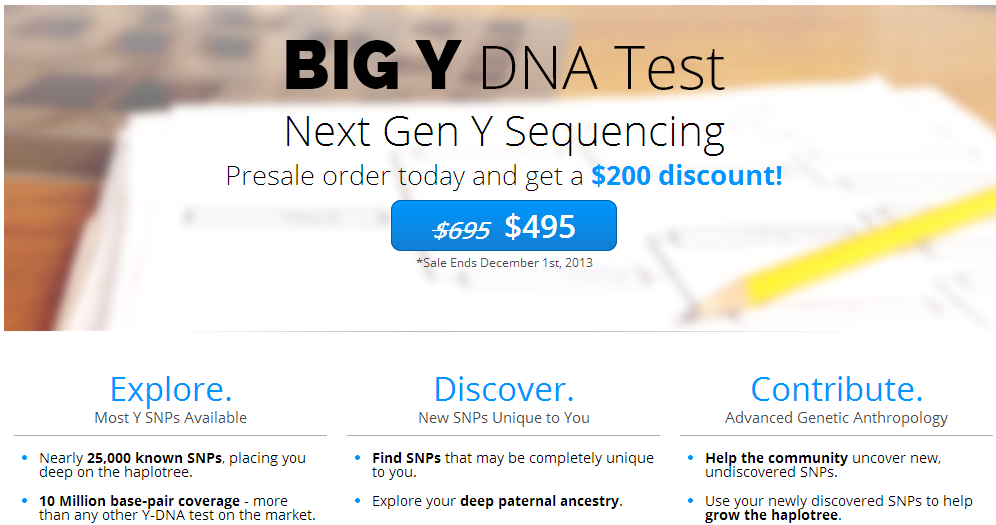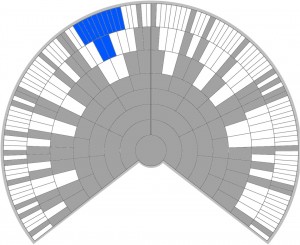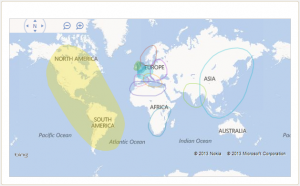 So by now you’ve no doubt heard that on November 22, 2013, the Direct-to-Consumer genetics testing company 23andMe received a uncharacteristically biting letter from the Food and Drug Administration (“FDA”), a federal agency that protects public health by monitoring and regulating various products such as food, medicine, and supplements.
So by now you’ve no doubt heard that on November 22, 2013, the Direct-to-Consumer genetics testing company 23andMe received a uncharacteristically biting letter from the Food and Drug Administration (“FDA”), a federal agency that protects public health by monitoring and regulating various products such as food, medicine, and supplements.
In the letter, the FDA expresses its belief that the 23andMe Personal Genome Service (“PGS”) is a medical product because “it is intended for use in the diagnosis of disease or other conditions or in the cure, mitigation, treatment, or prevention of disease, or is intended to affect the structure or function of the body.” Accordingly, the FDA concludes, the PGS requires “premarket approval or de novo classification” by the FDA.

 Understanding the complexities of autosomal DNA can be very challenging for newbies.
Understanding the complexities of autosomal DNA can be very challenging for newbies.